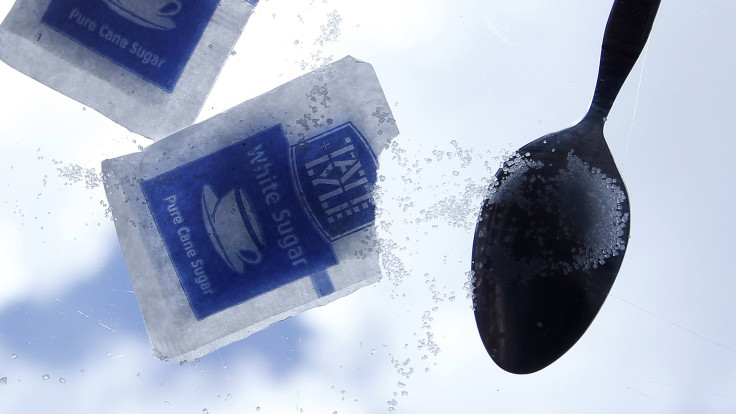To Replenish Self-Control, Try Gargling Soda

Anyone who's ever had to write a boring term paper, keep to a diet in the face of a difficult day and a plate of some comfort food, or quit smoking knows that self-control is difficult to maintain. In fact, science backs this up - research has consistently found that self-control is not a limitless resource. But a new study from researchers in Australia recently published in the Personality and Social Psychology Bulletin has found that the key to self-restraint may be as simple as swishing with sugar water.
Psychologists Martin Hagger and Nikos Chatzisarantis conducted five different studies theorizing that a glucose rinse could replenish self-control. Their research was based on the link between self-control and the body's response to glucose, the most common form of sugar. Other studies had found that self-control could be boosted if a person ate something sweet, but that is an ironic piece of advice to give a dieter. So Hagger and Chatzisarantis set out to discover if that link existed even if a person did not swallow a sugary substance.
They found that just gargling with glucose would be good enough for regaining self-control. All of the studies pitted sugar water against an artificially-sweetened placebo. In one study, 32 participants, all college students, read a passage of a book in a highly expressive fashion. This task required a large degree of self-control. Then the students were given either a glucose solution or a placebo.
Afterward, the students were asked to solve six anagrams, three of which were impossible. They all had 20 minutes and could stop whenever they wanted, but needed to ring a buzzer when they did. Researchers found that those who gargled with glucose spent, on average, 15 minutes solving the anagrams. Those who had used the placebo spent a comparatively paltry 11 minutes.
Another study focused on 48 high school students, who were asked to grip an apparatus for as long as they could. Then they were assigned a task in which they needed to correctly and quickly identify the color in which a word was written. Half were given words written in a different color than the word spelled out. For example, the color "green" was written in red. This version of the task required a high degree of self-control for a correct response.
Tthe students were then given a glucose rinse or a placebo. Afterwards, they were asked to grip the apparatus again. For those who were given the simple color task, students who rinsed with glucose held the apparatus for just a few seconds longer than the placebo group. But for those given the more difficult task, there was a significant difference between the glucose and the placebo groups, with the glucose group gripping the apparatus for far longer.
Researchers believe that gargling glucose activates the areas of the brain associated with rewards, motivation, and motor activity.
But one group will certainly not be happy with this news -dentists, who are probably quietly seething and thus, depleting their self-control.
Published by Medicaldaily.com



























